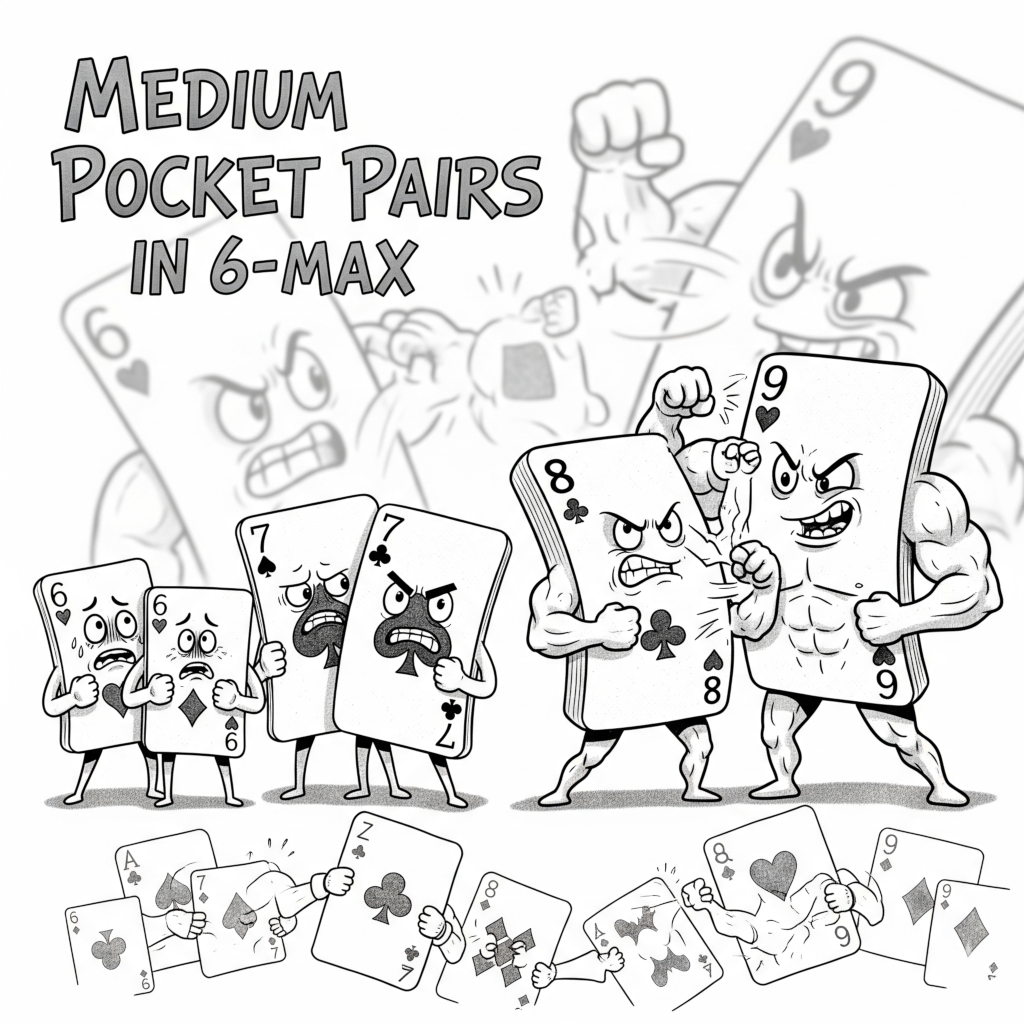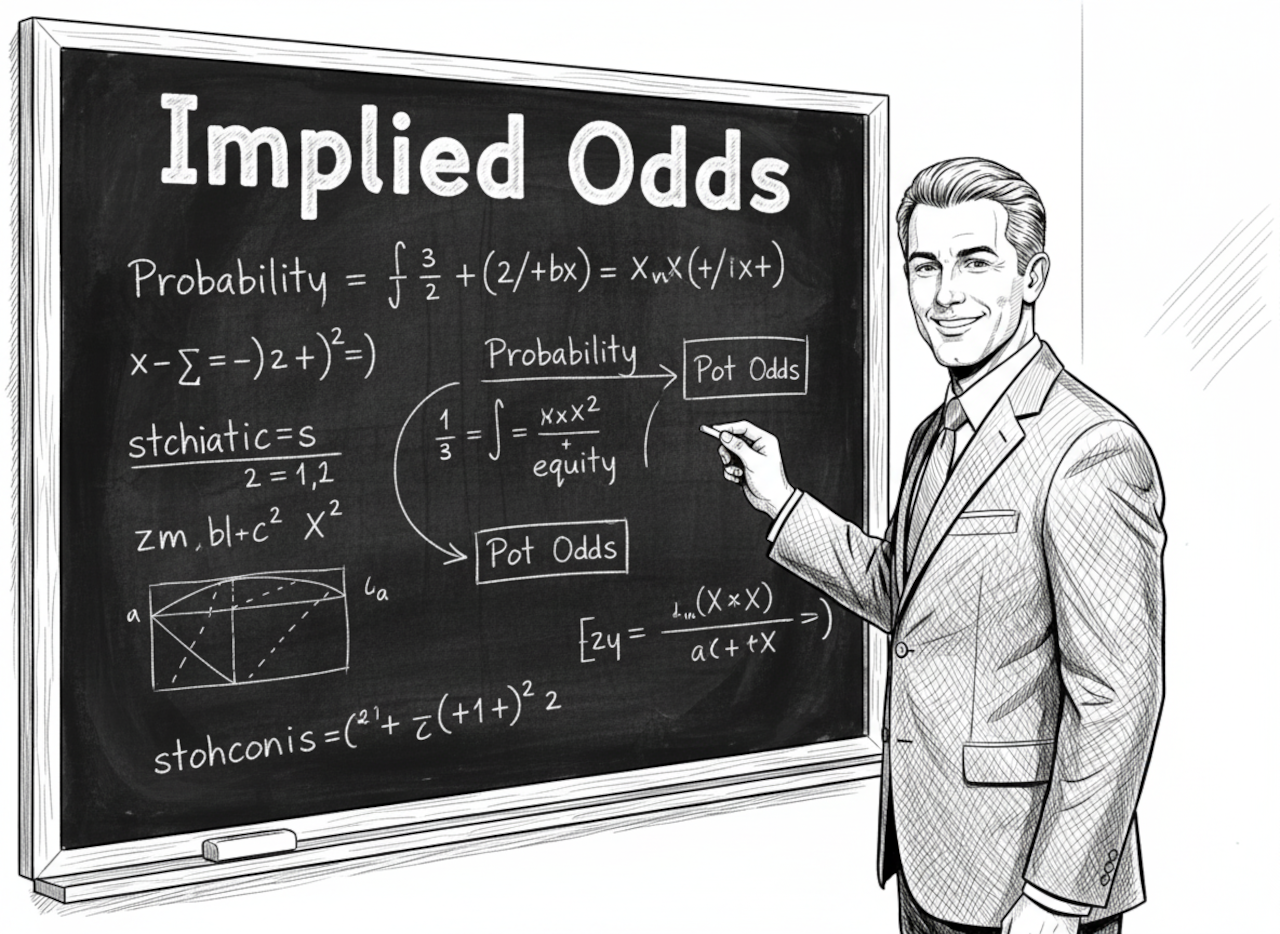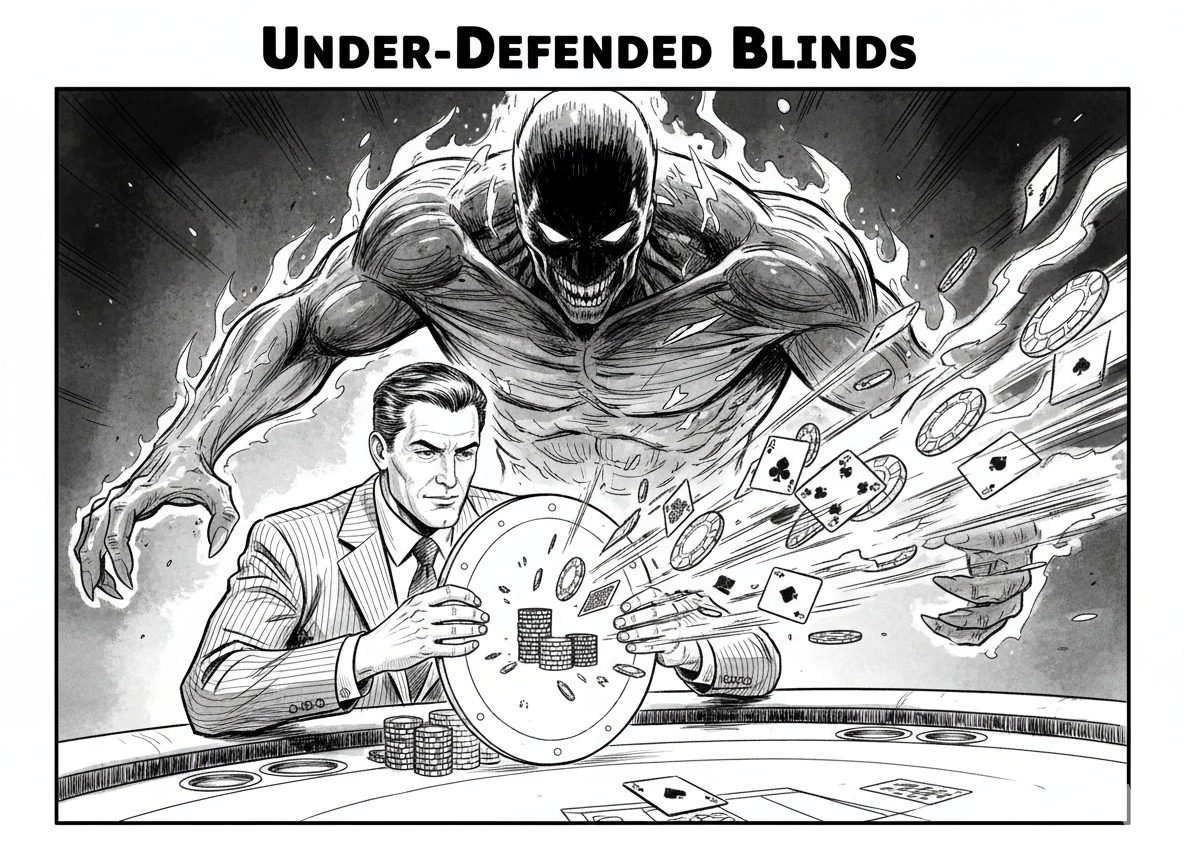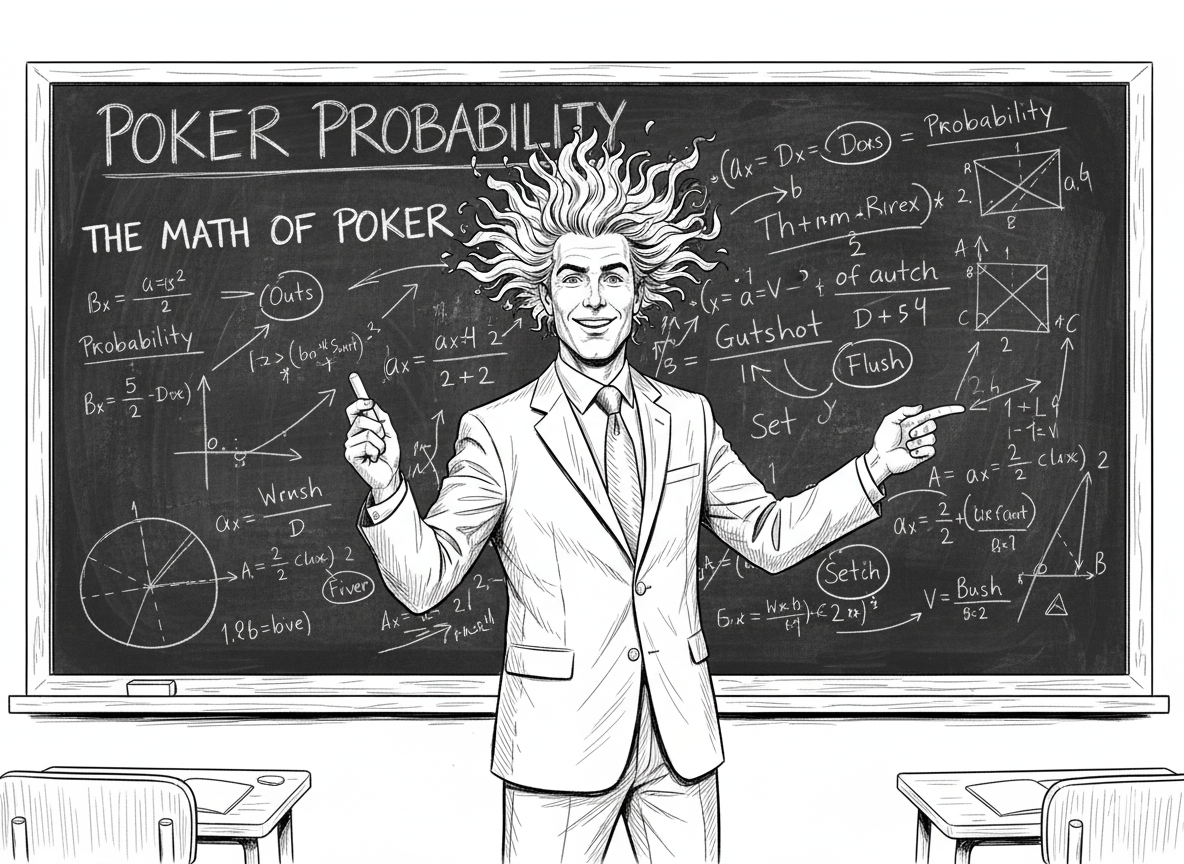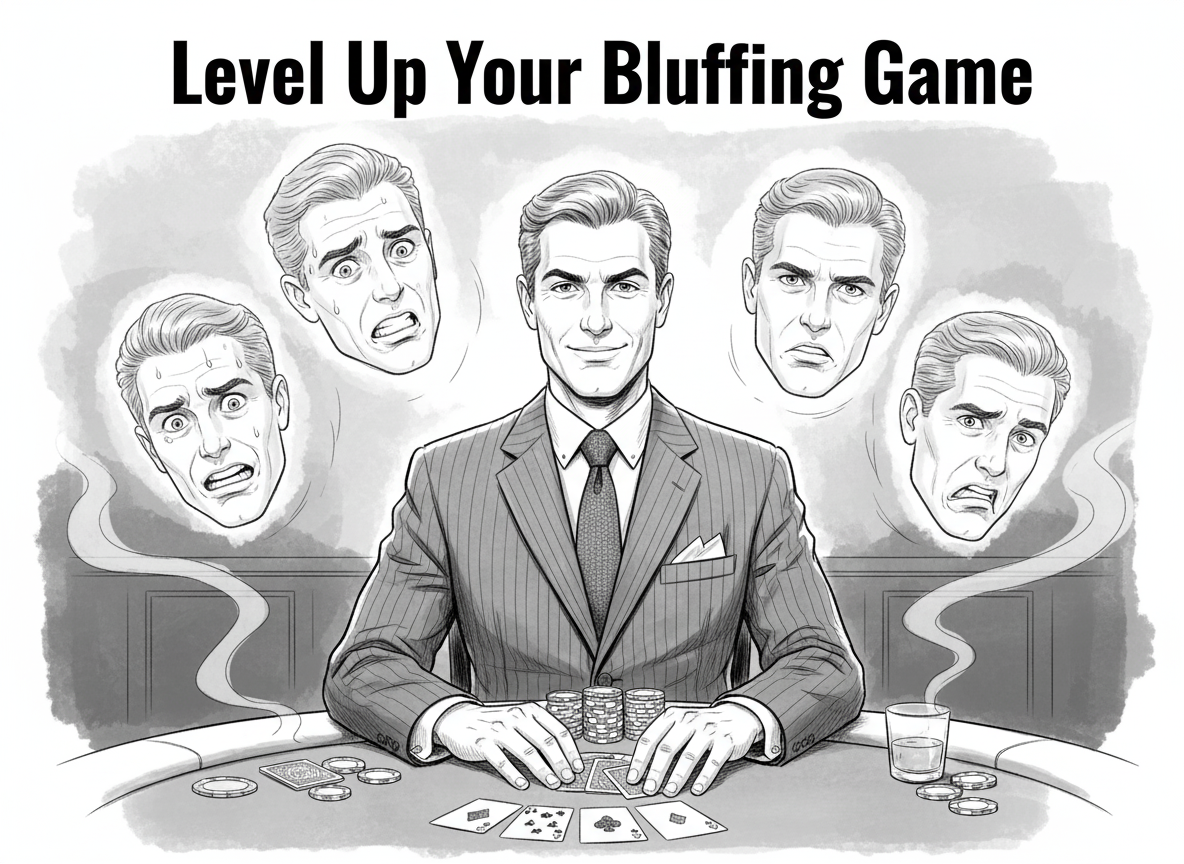Is it fair to use Trackers and Hand Histories?
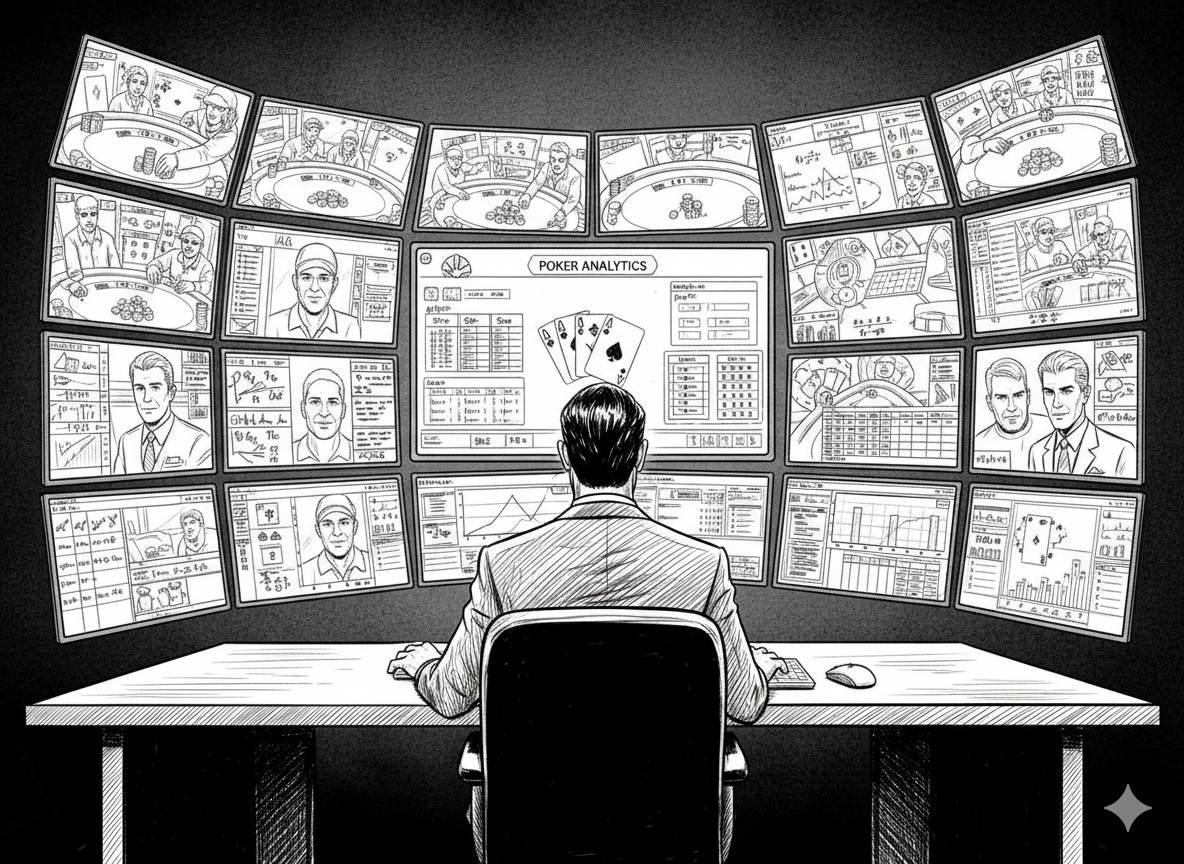
Online poker has evolved dramatically since its early days. What began as a digital version of live card rooms has grown into a high-tech environment.
Today, the game has matured into a highly competitive environment where data and analysis play just as important a role as psychology and risk management. At the center of this shift are tools and trackers—programs that collect hand histories (a process often called “datamining” or “mining”), to transform raw information into usable strategy. But this raises an important ethical question:
Is it unfair to use tools and trackers when you play online poker?
Some players argue these tools create an unfair advantage. But in reality, using trackers isn’t cheating; it’s simply part of modern poker. If anything, refusing to use data is like showing up to a Formula 1 race on a bicycle: you might technically be allowed, but you’ll never stand a chance.
What Are Poker Tools and Trackers?
Poker tools generally fall into two categories:
- Real-time assistance (RTA): Software that gives live advice on the optimal move in a hand.
- Tracking and HUDs (Heads-Up Displays): Programs that collect data from your hands and display statistics about your opponents—such as how often they fold, raise, or bluff.
While tracking software has traditionally been accepted by most online platforms, RTAs are more controversial, as they blur the line between human skill and automated decision-making.
The Power of Hand Histories and Big Data
Every hand of online poker leaves behind a record: what cards were dealt, who bet, who folded, and how the pot was won. For casual players, these are just fleeting moments. But for serious players, these hand histories are a goldmine of information. That’s why we at hhDealer.com have been mining poker hand histories since 2008.
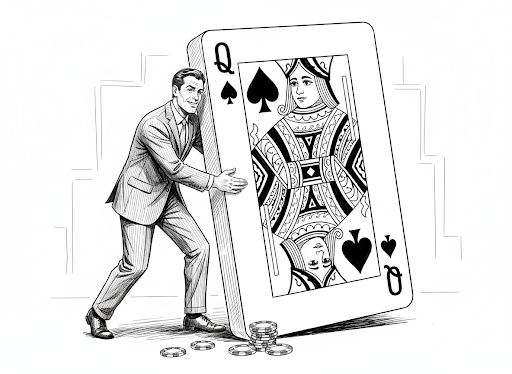
By storing and analyzing thousands—or even millions—of hands, poker trackers can:
- Spot player tendencies: Does an opponent fold to 3-bets too often? Do they bluff the river only when they miss a draw?
- Build player profiles: With enough data, trackers generate statistics that turn random opponents into predictable patterns.
- Reveal leaks in your own game: Reviewing hand histories shows where you consistently lose money, such as calling too wide in certain spots.
This use of “big data” changes poker from a guessing game into one where informed decisions compound into long-term profit. This isn’t about cheating—it’s about studying the game at scale. Just as professional athletes analyze game film, serious poker players review their hand histories.
The Case for Fairness
Supporters of poker tools argue that:
- Everyone has access. In theory, any player can download and use the same trackers. It’s similar to studying strategy books or hiring a coach.
- They encourage improvement. Trackers allow players to review mistakes, refine strategies, and develop a deeper understanding of the game.
- Professional standards. At higher stakes, tracking tools are often considered standard practice. Serious players who view poker as a skill-based competition see them as legitimate training aids.
From this perspective, poker tools are simply part of the modern game.
More importantly, trackers don’t play the game for you. They don’t tell you what to do in the heat of the moment. Instead, they provide insight into your tendencies and those of your opponents, leaving the decision-making firmly in your hands. If anything, they reward players who are disciplined enough to study, learn, and adapt.
Raising the Level of Play
One overlooked benefit of trackers is how they raise the overall standard of online poker. Recreational players may see them as intimidating, but in practice, data-driven play pushes everyone to improve. It cuts down on reckless strategies, exposes weak play, and forces players to think critically about their decisions.
Just like chess evolved when computers allowed players to study millions of positions, poker is evolving through big data. Those who embrace it gain a deeper understanding of the game—and make it better for everyone.
The Case Against Fairness

On the other hand, critics believe that trackers create an uneven playing field:
- Skill gap distortion. Casual players who log in for fun may unknowingly face opponents armed with sophisticated data analysis, making games feel rigged or predatory.
- Real-time advice = cheating. If a program suggests the best move in real time, the player is no longer relying on their own skill—it’s essentially outsourcing decision-making.
- Contradicts poker’s spirit. Poker is traditionally about reading people, managing risk, and adapting. Heavy reliance on tools can strip away the human element that makes the game exciting.
Many poker sites agree with this argument, banning certain software to keep recreational players engaged.
The Middle Ground
The fairness debate isn’t black and white. Some distinctions are widely accepted in the community:
- Permissible: Studying hand histories and analyzing data after sessions. This helps players improve their game without influencing live play.
- Problematic: Using HUDs or RTAs during live play when site rules prohibit them.
- Unfair/Cheating: Employing bots or software that plays hands automatically.
Ultimately, fairness depends not only on the tools themselves but also on whether they violate the rules of the platform and the expectations of the player pool.
The Real Problem Isn’t Trackers
It’s important to separate trackers from real-time assistance (RTA). Trackers, mining poker hand histories, and hand-history tools help you study and review. RTAs, by contrast, provide live “perfect play” advice, essentially outsourcing decisions to an algorithm. That’s where unfairness begins.
But blaming trackers for what RTAs do is like blaming a calculator for online exam cheating. The issue isn’t the tool—it’s how it’s used.
Conclusion: Adapt or Fall Behind
Poker has always been a game of incomplete information. What hand histories and big data do is reduce some of that uncertainty. In live games, sharp players notice physical tells. Online, the equivalent is reading the digital footprint opponents leave behind in hand histories. Using trackers isn’t unfair—it’s the natural evolution of the game. Players who use trackers are simply leveraging the tools available in a digital era to make smarter decisions.
Players who embrace data-driven poker give themselves the best chance to succeed. Those who don’t are choosing to handicap themselves, much like showing up to a tournament without ever having studied the rules. In modern online poker, hand histories and trackers aren’t just tools—they’re essential weapons in your arsenal. We, at hhDealer.com, are mining millions of poker hands every day, and you can buy hand histories on our website or by contacting us directly.
So, is it unfair to use tools and trackers in online poker? The answer depends on context. If the site allows them and all players have equal access, their use may be considered fair. However, when such software gives players a hidden edge over casual opponents—especially in ways the site forbids—it undermines trust and damages the game’s integrity.
Poker is a blend of skill, psychology, and chance. The fairest way to approach it is to follow site rules, respect opponents, and remember that the thrill of poker lies not just in winning—but in the challenge of playing the game yourself.
